What is ADHD?
Common Symptoms Of ADHD In Children, Teens, And Adults
Most patients who struggle with a focus-disorder like ADHD see that the symptoms can be categorized into a few distinct buckets.
Specifically, symptoms of ADHD fall into one of three very general categories: Focus, Hyperactivity, and Impulse Control. These can look very different in kids with ADHD compared to adults with ADHD, but the root of the struggles remain the same.







